Premium Only Content
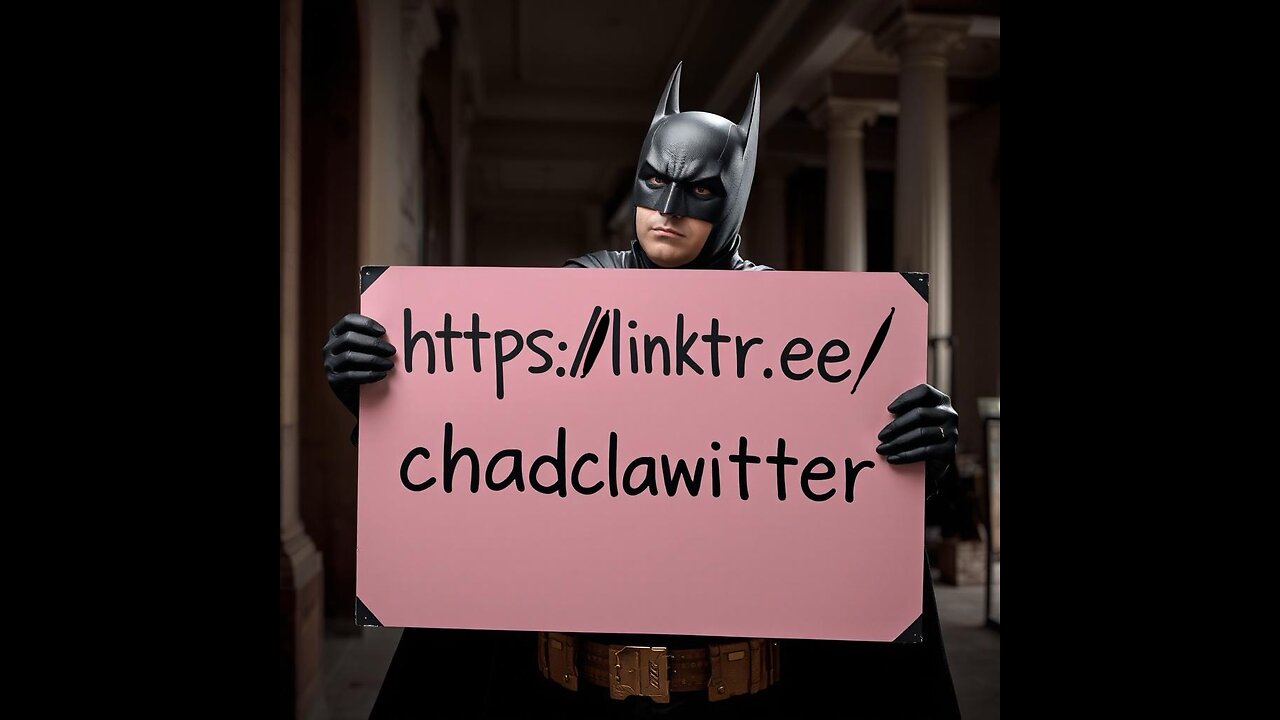
(2) The Methods of Investigation
https://www.facebook.com/groups/974332723871967/permalink/1045165073455398/?mibextid=rS40aB7S9Ucbxw6v
Chapter 2: The Methods of Investigation
The inductive method of investigation is like using the magnets you already have to find a missing needle in a haystack. Computer algorithms are like trying to find a needle in a haystack by removing a single piece of hay at a time. Hypothetical speculation is like trying to find a missing needle in a haystack blindfolded.
The inductive method of investigation is done through a process of discernment, diagnosis, replacement, and elimination.
(1) A theory that makes accurate predictions does not necessarily have accurate assumptions. It is common for theories to make accurate predictions for the wrong reasons. (2) A theory that makes one or more inaccurate predictions must have one or more inaccurate assumptions. A set of true facts can be paired with each assumption individually until the inaccurate assumption is diagnosed. (3) A replacement assumption can only be found by an intelligent person interpreting patterns in the known facts and testing the predictions of the candidates. Replacement assumptions can neither be found by computer algorithms nor through hypothetical speculation because there are an infinite number of possible assumptions. (4) The one right theory will not make any inaccurate predictions, but there may be other wrong theories that also make no confirmed inaccurate predictions. A theory can never scientifically be proven right, but rather other theories can be proven wrong narrowing the alternative possibilities though a process of elimination.
Can the inductive method prove which assumptions are true? Can the inductive method prove which assumptions are false? Why is a computer dependent on people to generate its replacement assumptions? Why will people fail at generating replacement assumptions if they resort to hypothetical speculation? Is the inductive method more reliable for making accurate predictions or for proving assumptions?
A proposal is like a coincidence that might be more than a coincidence. A critique is like when a car encounters a blocked road and has to take a detour if another way to the destination actually exists. A direct proof is like a truck pulling a trailer. A contradiction proof is like the removal of the bottom block in a stack of causing all the blocks to fall down.
https://www.smashwords.com/extreader/read/801094/7/the-war-against-truth
The deductive method of investigation is done through a process of inductive proposal, inductive critique, direct proof, and contradiction proof.
An inductive proposal is showing that the premises imply a true conclusion. An inductive critique is showing that false premises were used to arrive at some conclusions. A direct proof is showing that true premises were used to arrive at some conclusions. A contradiction proof is showing that premises were used to arrive at some false conclusions.
(1) Proposal: A true conclusion cannot be used to conclusively determine whether the premises were true or false through an inductive proposal. It is common to sometimes logically still get the right answer using wrong information.
(2) Critique: A false premise cannot be used to conclusively determine whether the conclusion is true or false through an inductive critique. It is common to sometimes use the wrong information to logically still get the right answer.
(3) Direct Proof: A set of true premises can be used to conclusively determine that the conclusions are true through a direct proof. The completely right information will always logically lead to the right answer. The completely right information will never logically lead to the wrong answer.
(4) Contradiction Proof: A false conclusion can be used to conclusively determine that at least one of the premises is false through a contradiction proof. The wrong answer is never logically implied by completely right information. The wrong answer is always implied by information that is at least partially wrong.
An inductive proposal does not conclusively prove that the premises are true. An inductive critique does not conclusively prove that the conclusions are false. A direct proof does conclusively prove that conclusions are true. A contradiction proof does conclusively prove that at least one of the premises is false. One must always be very weary proofs that seem conclusive, but actually have false assumptions or fluctuating definitions disguised within the argument.
https://www.smashwords.com/extreader/read/801094/8/the-war-against-truth
Why doesn’t a true conclusion conclusively prove the premises are true? Why doesn’t a false premise conclusively prove the conclusions are false for an inductive critique? Why do true premises always logically prove the conclusions are true? Why do false conclusions prove that at least one of the premises was false? Why doesn’t a false conclusion prove that all the premises were false?
https://www.smashwords.com/extreader/read/801094/9/the-war-against-truth
-
 1:04:01
1:04:01
Timcast
2 hours agoTrump Just NUKED Global Economy, Tariffs Ignite Trade War, Markets COLLAPSING
128K86 -
 1:54:08
1:54:08
Steven Crowder
4 hours agoWhy Track Meets are No Longer Safe
309K163 -
 LIVE
LIVE
The Charlie Kirk Show
1 hour ago“Liberation Day” Reaction + Military Standards + Tariff History | Thibeau, Hanson | 4.3.25
4,951 watching -
 LIVE
LIVE
Rebel News
1 hour ago $0.70 earnedTrumps new global tariffs, Poilievre and Carney respond, Tamara Lich verdict | Rebel Roundup
653 watching -
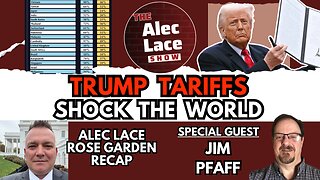 LIVE
LIVE
TheAlecLaceShow
1 hour agoTrump Tariffs Take Effect | Alec Lace in the Rose Garden | Guest: Jim Pfaff | The Alec Lace Show
150 watching -
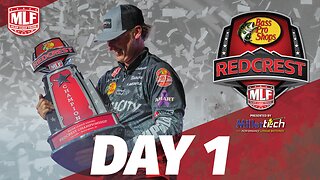 LIVE
LIVE
Major League Fishing
2 days agoLIVE! - MLF Bass Pro Tour: REDCREST - Day 1
5,593 watching -
 LIVE
LIVE
Viss
1 hour ago🔴LIVE - How to Continuously Stack Win in Solo PUBG!
556 watching -
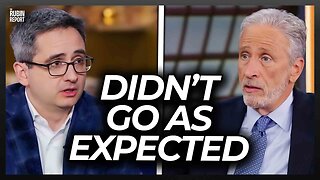 59:50
59:50
The Rubin Report
3 hours agoEconomist Destroys Jon Stewart’s Narrative w/ Facts in Only 3 Minutes
49.8K12 -
 LIVE
LIVE
Flyover Conservatives
12 hours agoThe Tariffs Are HERE — How Will This Affect You?!; 44,000 COVID Tests, 19,000 Patients - Dr. Michael Schwartz | FOC Show
470 watching -
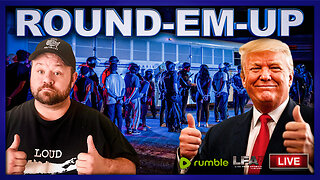 LIVE
LIVE
LFA TV
17 hours agoLFA TV - ALL DAY LIVE STREAM 4/3/25
1,866 watching